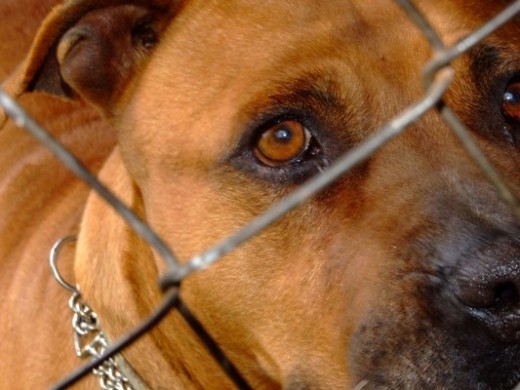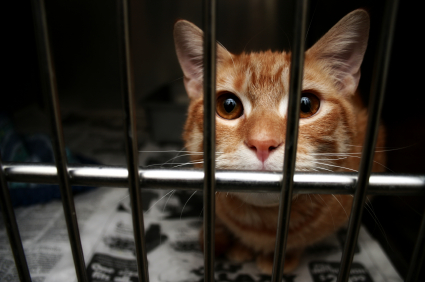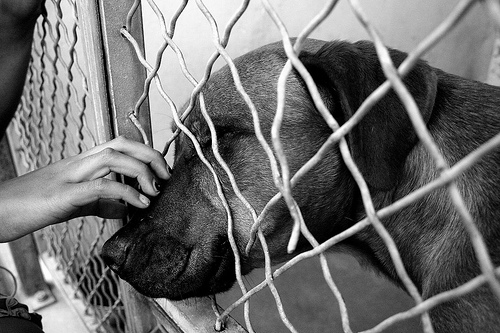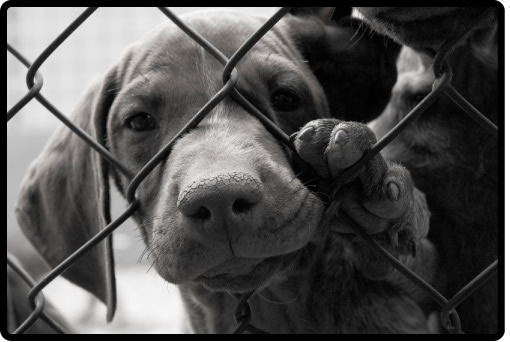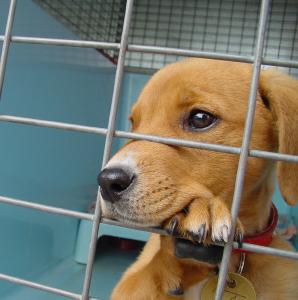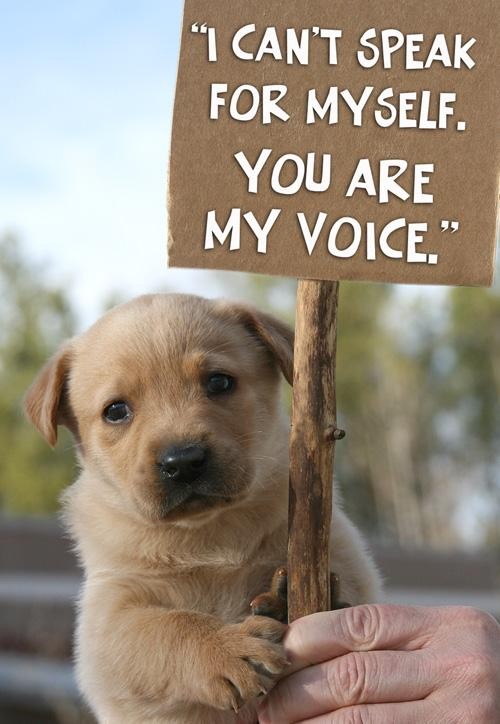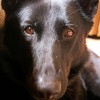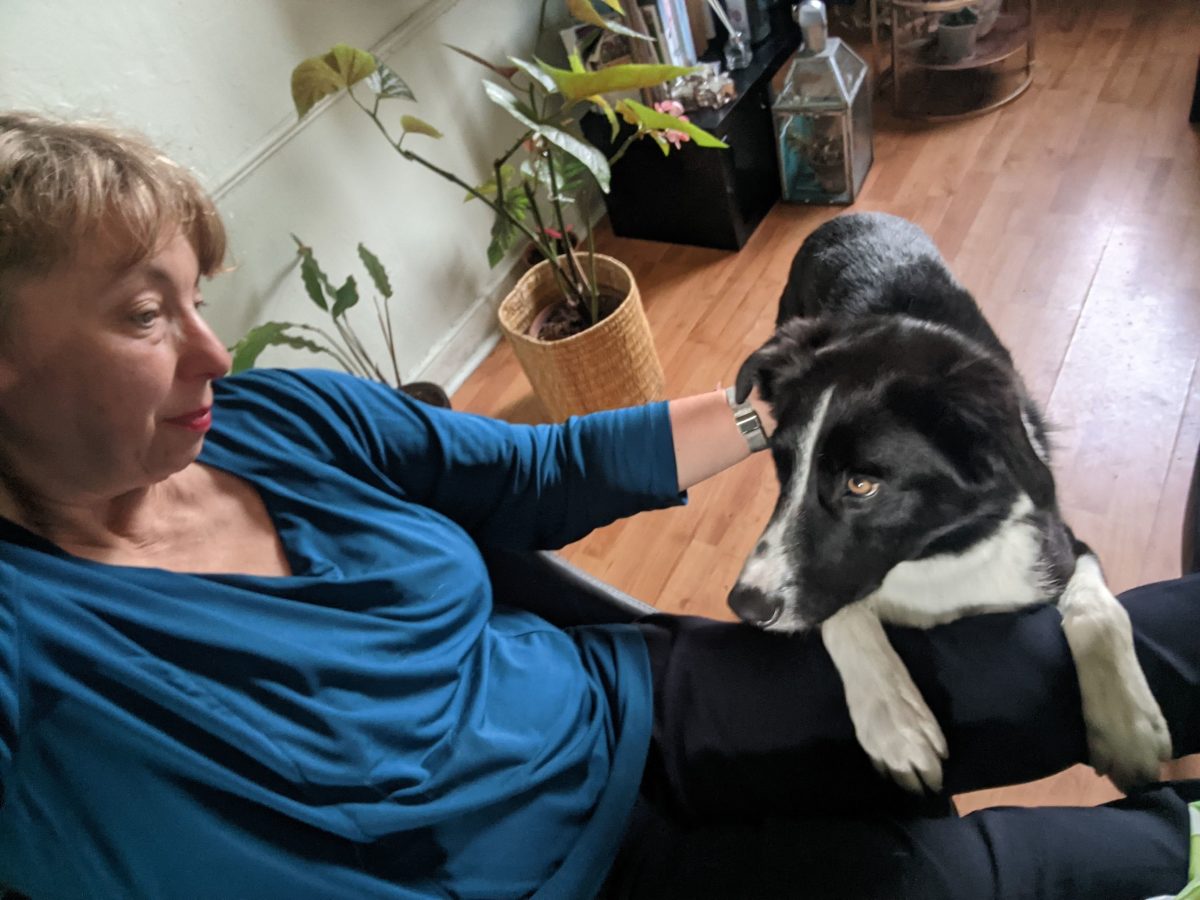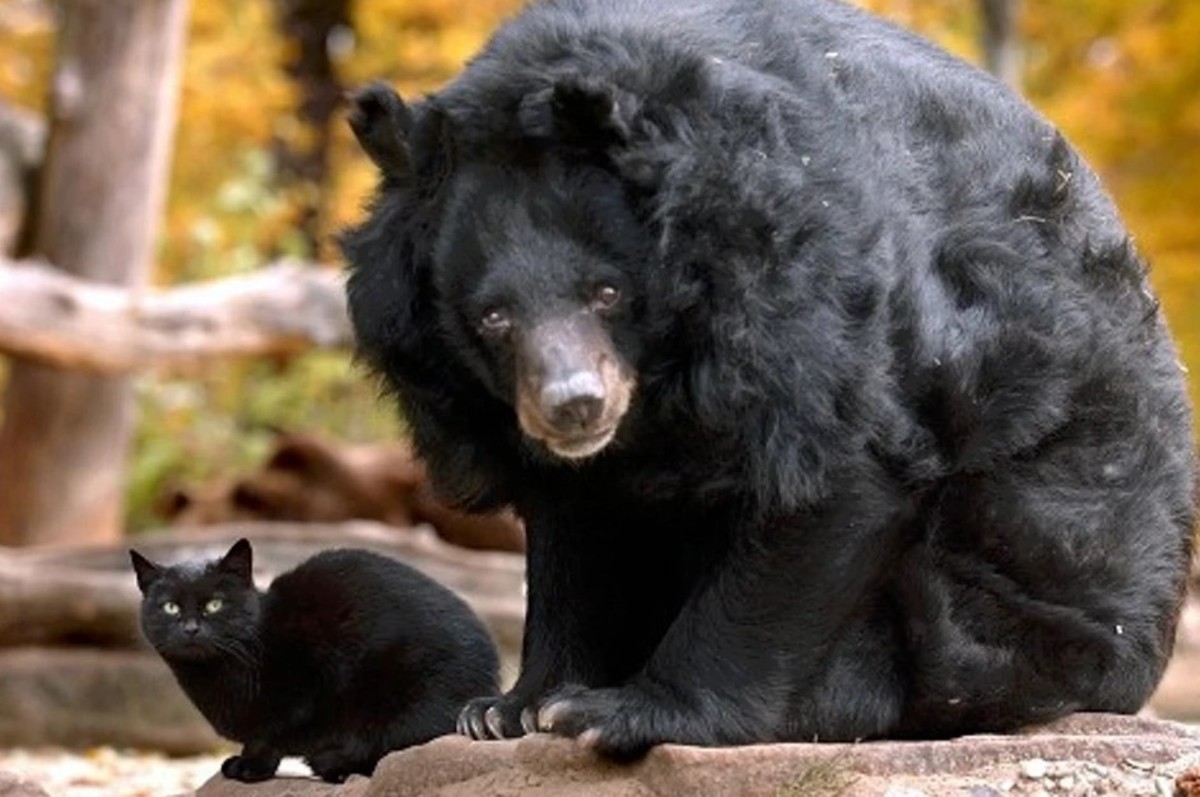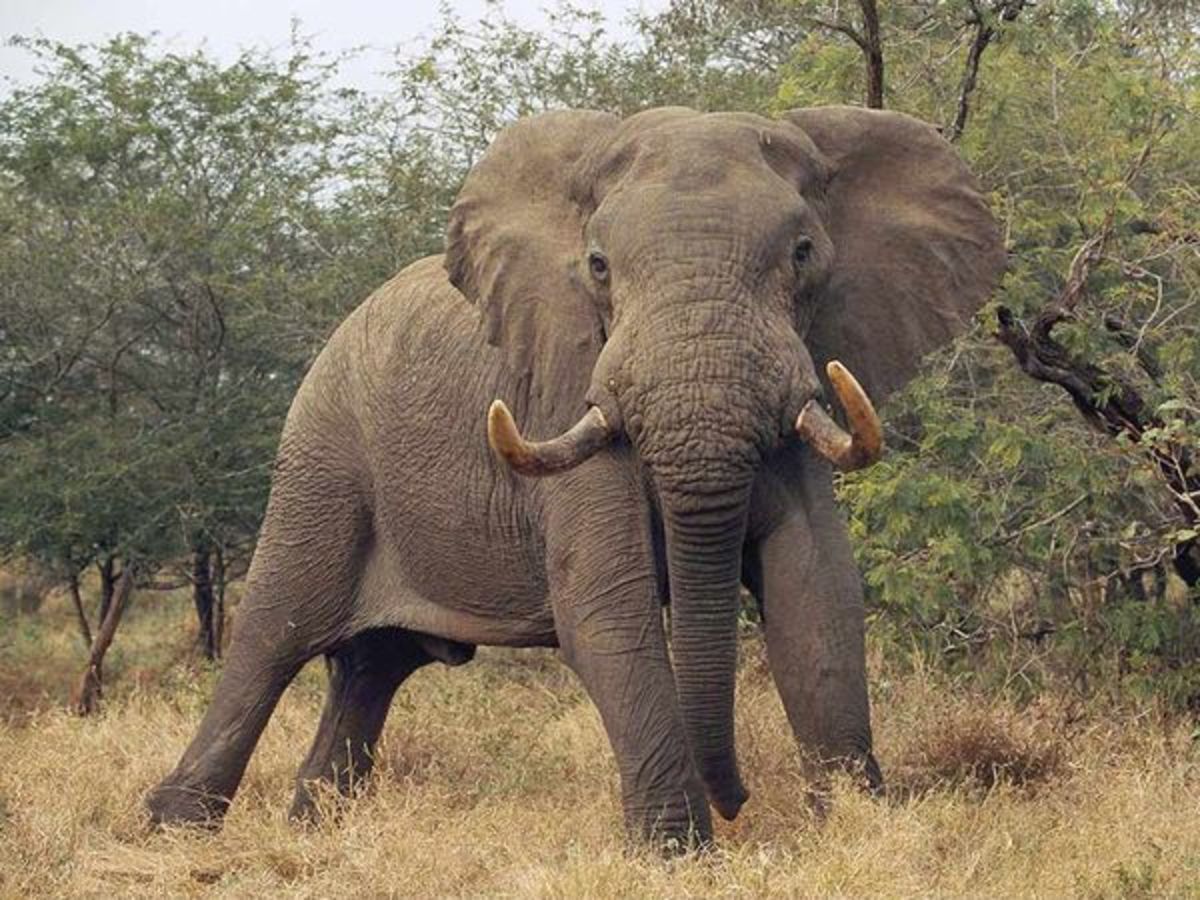Why to Choose a Shelter Animal
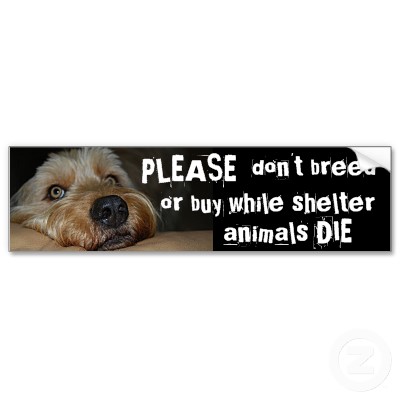
A Second Chance
Anyone who watches television has seen the depressing commercials with the sad animals that need donations to live. When anyone considers adding a furry friend to their family, they should seriously consider adopting a dog or cat from an animal shelter to help with population, health defects, puppy mills, and sickness in our over breed purebreds. With problems currently among breeding and financial issues, 20% of dogs in shelters are purebreds. (National Puppy Mill Awareness, 2009)
Adopting from a shelter gives many benefits to society. When you adopt the animal has or will be already neutered or spayed. This helps with our exploding population of unwanted pets. Eight million pets where placed in shelters last year, sadly four million were euthanized. (ASPCA Shelter Statistics, 2009) One puppy and one kitten can have up to 134,000 offspring in six years. (Humane Society, 2009) Spaying females at six months also helps her from getting certain fatal cancers and diseases such as Breast Cancer, and infections. Another plus is they don’t have a six month heat cycle, which controls the messy bleeding. Neutering the males also has a plus, just like females keeps them from getting fatal infections and cancers. Neutering also stops a number of things like marking their territory, which would be a relieve to some owners having a problem getting a grasp on house training with males. Males also are more trainable with their minds off females and on their owner. Neutering also seems to get rid of the dominance problems between males and reduce urges to fight. Males not only seem calmer when they are neutered they are less stressed around females and they don’t roam as much, which lowers their sexual arousal. A shelter animal is already spayed or neutered unless they are under six months old. In that situation they ask you to bring the animal back at the proper age for surgery, on the plus side, surgery most of time is covered in the adoption cost. Spaying and Neutering is a good benefit not only for population control but a simple combined fee for the owner.
On the other hand purebred animals are predictable for size, temperament and trainability and sadly genetic defects. In order for a breed to keep certain traits and characteristics in a breed they must intertwine the genes. Meaning they breed the mother with the son, daughter with father and brother and sisters together. This is called inbreeding, which is a fancy term for breeding within a family. Doing such things to animals causes many problems to the offspring, which is what happened to Sylvie a Cavalier King Charles Spaniel. She was born with Syringomyelia which is a scientific word for a disease from inbreeding that causes the dogs skull to be too small for her brain. Syringomyelia is one of the most painful diseases you could have, it causes a burning pain and piston type headache, so that a touch of clothing can discomfort these animals. (Rose Martelli, Paw Nation, 2008) The breed standards for the Cavalier King Charles Spaniels has a small head but a very sturdy head, with a sloped nose and big, long, fuzzy, wavy ears. Sylvie was bought from a breeder who breed her older sister to her father to reproduce Sylvie. If this was known at purchase time, Sylvie’s owner stated “I would of not gotten a genetic defected puppy, no matter how cute she was.” (Helen Baites, Paw Nation, 2008) The breed who would like to remain unknown believes by inbreeding it could not cause health problems and she was not in the wrong by doing so. She was quoted “Show dogs make more money then mutts or plain purebreds, in order to be a show dog they must look perfect and that’s what my goal is.” (UKC Breeder, Paw Nation, 2008) Sylvie went in for surgery to remove a part of the backside to her skull to allow more room for the brain. Sadly, she was put to sleep due to agonizing screeches of pain before she could reach her second birthday. Many people believe that Professor Steve Jones, a geneticist of University College in London was indeed correct when he stated, “We are breeding our dogs to death. We are making them more and more beautiful on the outside and more and more costly and deformed on the inside.” (Steve Jones, 2008) Syringomyelia is not the only defect of inbreeding a dog can get, they can also get problems such as diabetes, epilepsy, kidney disease, several forms of cancers, hip dysphasia, mild bite and much more. Once an animals has been affected with a disease, they have a fifty percent of passing it to their offspring. In other words all our dogs will have health issues if we strictly bred the ‘Breed Standards’ and disposed of the everyday healthy under standard dog. This is a world no one hopes to see, for the dread of paying thousands in vet bills, will cause some families to have to get rid of their pet. Adopting a pet from a shelter does not ensure you will get a perfectly healthy and less costly pet. The animal already will a physical by a licensed veterinarian. You will be notified of any health issues at the time of adoption.
Some breeders are caring and loving to their animals, and do it because they enjoy and love the breed of animals. Without understanding their heart is in the wrong place. Then we have our breeder who is in it for the money. They may have started out doing it for enjoyment, but it didn’t end that way. This is how Puppy and Kitten Mills came along. A Puppy or Kitten Mill is a breeder of one or numerous breeds who started out with one to four pets and later harbors up to thousands of animals. Most animals confinements are below minimum space, their weight and health is way below average, and their hygiene is unacceptable. Not only are some kept in small rabbit like cages but they are placed on top of each other, holding up to ten in a cage, feces and urine falling into the next cage below. The animals never get groomed or fed a proper meal. Some are even placed in dark or damp environments, where they never see the sun or grass, or even feel a gust of wind. Mothers have no special care or nutrients they need before or after a litter. Most families are kept together in the same cage so inbreeding is very likely in a Puppy or Kitten Mill causing deformities and genetic defects to spread widely. There are roughly six thousand licensed kennels in America and untold numbers of unlicensed kennels. (National Puppy Mill Awareness 2009) Adopting from a shelter will discourage Puppy and Kitten Mills, if they make no money, they have no reason to continue wrongly breeding animals. Many animals that do come out of Puppy and Kitten Mills need to be rehabilitated because they don’t understand how to function in a family or home. Most animals that are found in Puppy or Kitten Mills end up in a shelter, but they will be up to date on shots and they will be able to tell you if the animal has any health or mental problems.
Shelter animals are some of the sweetest yet subtle animals. They will be either be very shy or just be happy to have a second chance. Either one takes work to bring into a home. Getting them to understand house manners and way things work will take dedication. Some older animals will have experience in homes and may be able to recall them. Overall Shelter animals are healthy or on their way to being healthy. They should be up to date on their shots, and for animals over six months be spayed or neutered. Most shelters do know some of the animals past situations, some may not have any knowledge of the animal’s history. They will be able to tell you if the animal is suitable for young children, or other pets. If the pet comes from a foster home, they can give you information on housetraining and personality. A foster home prepares the animal to placed in a home setting. Another problem that could come with a shelter dog is they may have food aggression. They are always tested before putting up for adoption and some shelters only adopt to a non-children family if they have food aggression.
In conclusion, animals indeed need our help to be happy and healthy. They call us the masters for a reason, and its not because we control if they eat or not. We control how they suffer, or flourish. Donating or volunteering helps and can mean the world to one small animal. Hopefully with our rocketing research and dedication to having happy animals will make shelter numbers plummet through the years. Only we can control to have a happier and healthier environment. I hope when someone decides to bring a four-legged friend into their family, they choose to adopt a second chance animal, to do so call or visit your local animal shelter for a second chance animal.
